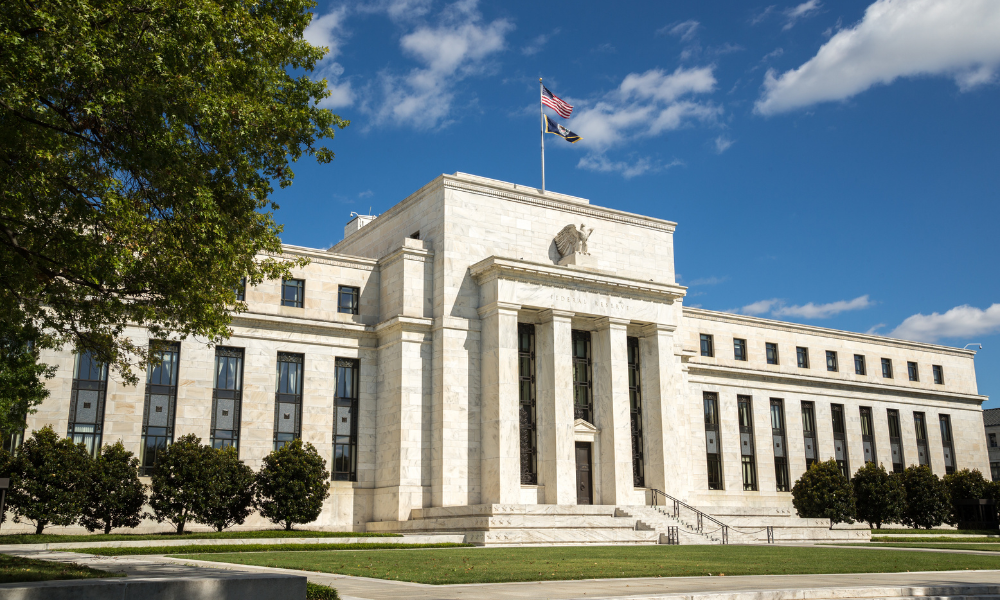While election could be as late as October, polls point to a Tory blowout, what might that mean for the industry?

With the announced resignation of Prime Minister Justin Trudeau pending the election of a new Liberal Party Leader, many in Canada are already looking ahead to an election. The trouble is, we don’t know exactly when that election might be. If NDP leader Jagmeet Singh holds true to his promise and votes to bring down the government when Parliament returns from prorogation on March 24th, Canadians could be headed to the polls in early May. If a deal is struck between the new Liberal leader and the NDP that election might come as late as October.
Whenever that election comes, current polling indicates that the Conservative Party will probably win a majority. While a lot could change between now and a hypothetical election date, markets tend to be forward looking and the possibility of a change in the governing party now seems closer to reality now than in the past almost ten years. To get a sense of what a possible Tory government might mean for advisors and investors, WP spoke with a number of asset management professionals and portfolio managers to understand where we might see headwinds and tailwinds emerging.
“We could potentially see a whole 180 with a government that’s going to be more business friendly and more attractive to international investors,” says Greg Taylor, Chief Investment Officer at Purpose Investments. “Looking at some of the policies which the Liberals have enacted which weren’t the greatest for investors, if the conservatives come in you can look at the potential that could reverse and change in the other direction, which I think is a really positive scenario.
Taylor notes that this is not a guaranteed outcome for a few reasons, including an election and the lack of a Conservative policy platform right now. However, he sees the likelihood of a sentiment shift based on the language we’ve already heard from Tory leader Pierre Poilievre and the party’s reputation as a ‘business friendly’ political force.
That is not to say Taylor is fully endorsing one political movement. He notes that if the Liberals elect a new leader with their own business friendly agenda and willingness to work with the Tories, that could be good news for Canada.
Philip Petursson, Chief Investment Strategist at IG Wealth Management, largely agrees with Taylor’s view of a possible Conservative government, adding that there could be some policies that make Canada’s economy more productive overall.
“I think if the Conservatives follow through with more favourable policy on energy, making it easy to do business, removing the carbon tax to some extent, these are policies that will make Canada more competitive and more productive,” Petursson says. “I think the policies that the current government has put in place over the last number of years have been restrictive on resource exploitation and I think a new government will perhaps take a different tack which we believe will benefit not only the economy, but the stock market as well.”
For Darren Coleman, senior portfolio manager, private client group of Portage Cross Border Wealth Management of Raymond James, the immediate utility of a Conservative government may be in the clarity of a democratic mandate. In his work as a cross-border specialist, Coleman sees possible weakness in trade tensions with the United States as a result of the relative lack of leadership in Ottawa following Trudeau’s announcement that he will resign. A clear mandate for any government following an election, he explains, could help stiffen Canada against the bellicose tone and bullying tactics of President Donald Trump.
As advisors look for asset classes and subsectors that might perform well under a Poilievre government, Greg Taylor highlights energy as an obvious beneficiary. Beyond that, though, he thinks Canadian banks might see a boost if the Canadian economy begins to pick up its productivity again. He notes, however, that some possibly Tory policies like more restrained government spending and debt reduction might have some short-term impacts on the economy that advisors should monitor. Despite the wide range of uncertainties before the Canadian economy, he believes a new government may set this country on the right path again.
“Just getting on to a new government would be a positive outcome,” Taylor says. “But I think the biggest win would be if the government moves to be more business friendly, more investor friendly, and I think that’s really what markets would welcome.”



